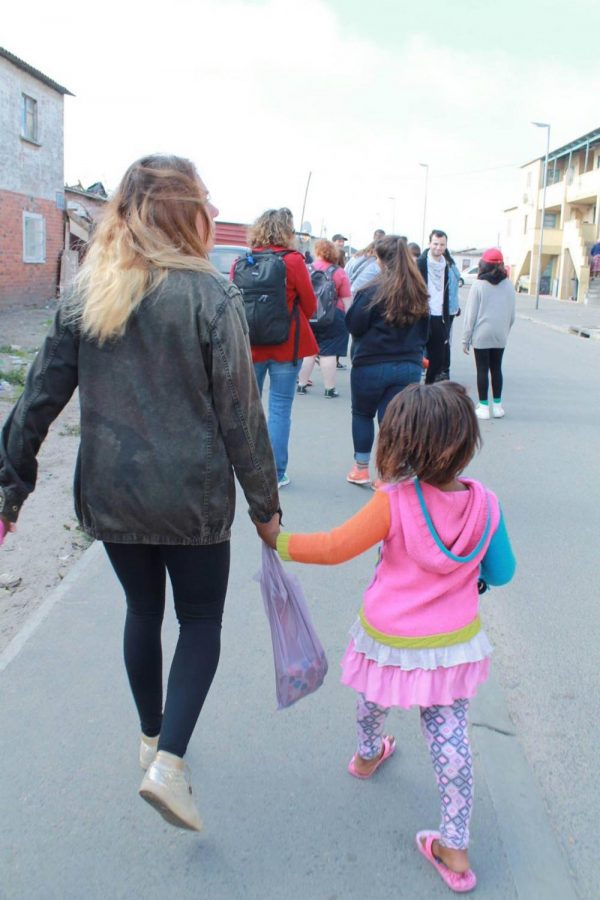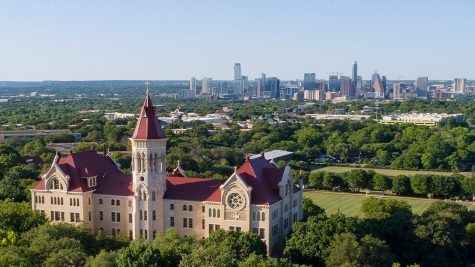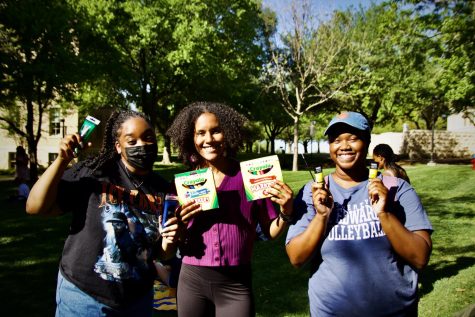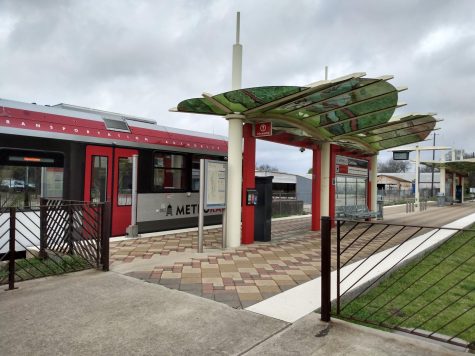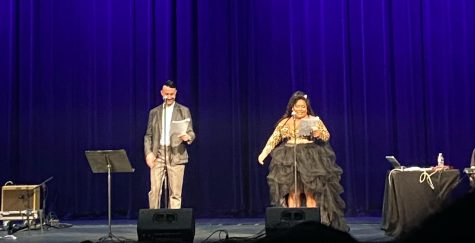Study abroad service project harms communities, despite good intentions
St. Edward’s students studied abroad in Cape Town in 2016. The program focused on reducing violence amongst youth.
With many students waiting for the acceptance of their study abroad applications, questions of cultural understanding rear their head. Studying abroad is meant to give students a new cultural understanding and respect for different ways of life.
Third-party programs like AIESEC often offer students the ability to partake in volunteer projects in underserved communities. Service projects are often seen as an unquestionably good act but we must also think about the negatives our eager influence can have on local culture.
Service projects aimed at helping underdeveloped communities have good intentions more times than not, but poor execution can lead to a negative impact. Popular and overeager projects such as student-built homes and wells can end up failing their communities for a variety of reasons. Due to a lack of expertise in building, the infrastructure often fails. After the volunteers leave, people in the community are left without the proper skills and education to maintain these new additions.
Building infrastructure isn’t the only form of volunteerism available. Working with orphaned children is a common form of volunteerism and while it seems all positive, it can have negative effects. Having new people of privilege coming in and out of an orphan’s life can cause a myriad of mental health issues due to unstable living conditions and guardian structure according to “Children in Institutional Care: Delayed Development and Resilience.” An addition of cultural sensitivity training and consistent care can make these volunteer programs more effective.
The St. Edward’s partnering study abroad program in Cape Town, South Africa tries to employ this training to best prepare students while abroad. This program works with organizations to help reduce violent behavior in the city. It focuses on helping children who are at high risk to become involved in violent behavior.
“Amy Biehl’s parents started a [after school] program for kids to keep them from getting involved with violence,” said Sam Griffith, St. Edward’s senior. Griffith participated in the program in the summer of 2016 and since then the program has supported different foundations with the same goal of helping reduce violence amongst youth.
“I see there being merit to it, but we would have to do so much more if we went back there,” Griffith said.
The hope that more could’ve been done with volunteerism is a common theme but the cultural sensitivity seminar and help from previous volunteers to better the program helped this service project stand out above the rest.
“We talked to people who had been to Cape Town before and we had conversations with people over there to learn more about the culture,” said Griffith.
St. Edward’s attempts to prepare students for their service work shows the common dichotomy of volunteerism. While programs can excel in some areas, they often fall short in others. The Amy Biehl foundation did well to make their volunteers and children feel comfortable in an easily exploitable environment. Unfortunately they fell short in terms of the amount of work accomplished to actually help the children. Hopefully the shortcomings of volunteerism can be improved with better planning and care.


